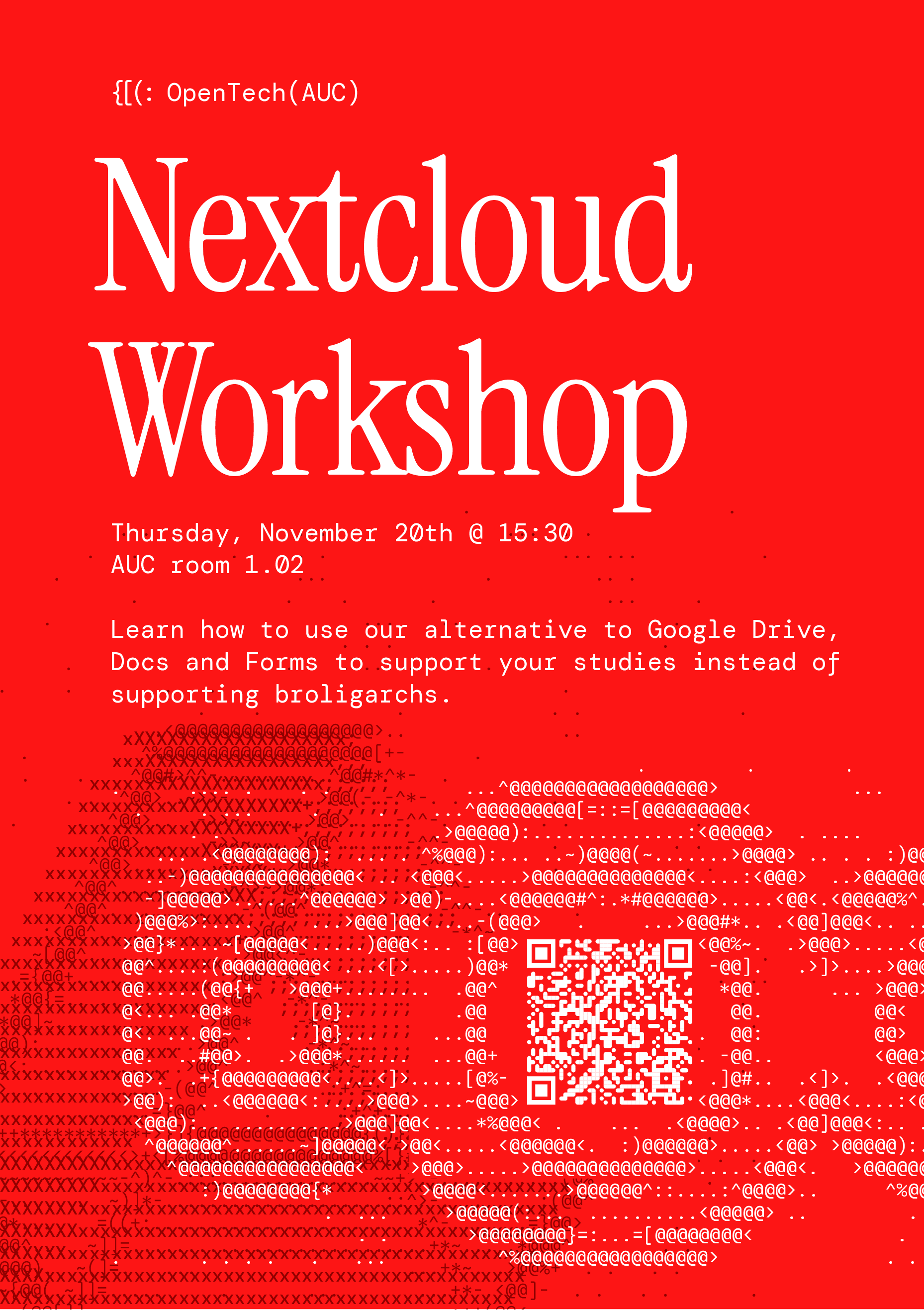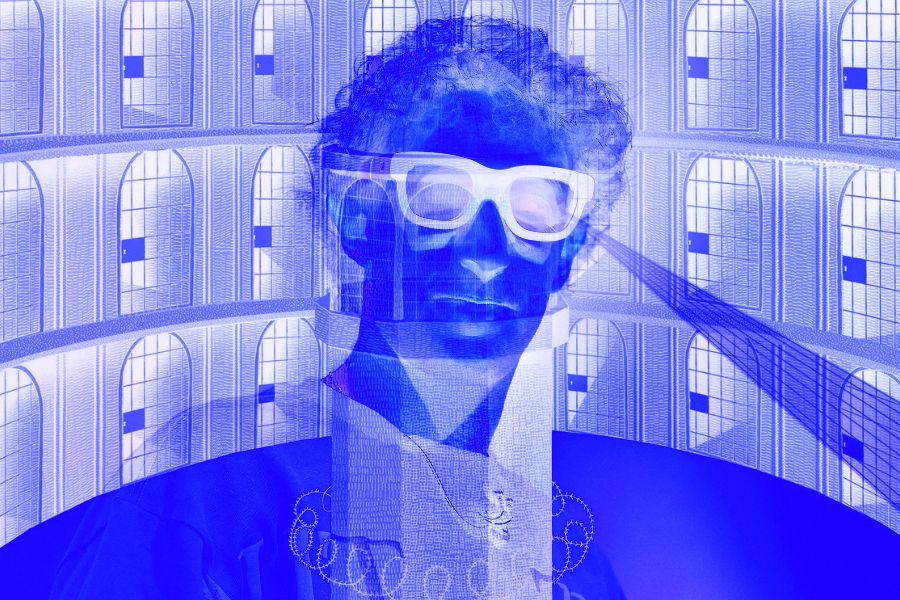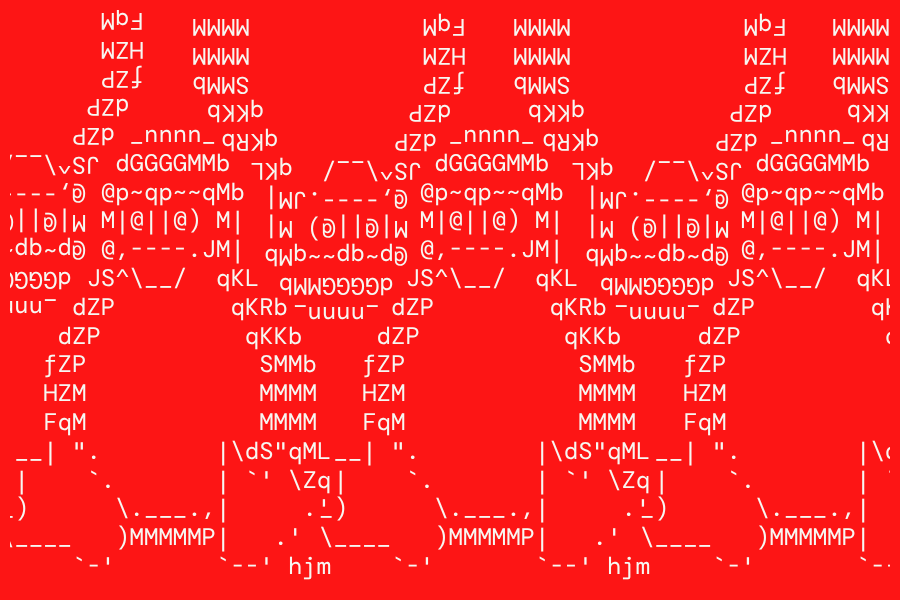
Digital Sovereignty in the classroom
Throughout this semester, OpenTech(AUC) has been proudly supporting experiments with Jupyter Hub in the new programming course offered by Amsterdam University College (AUC), called “Programming in Digital Societies” (PIDS).
In a nutshell, for many weeks now, students are building, running and sharing their Jupyter Notebooks in an environment that is fully owned and controlled by the PIDS lecturing team.
This environment is running on a VPS that OpenTech(AUC) is renting on https://gandi.net (V-R16, 8CPU’s, 16GB RAM, 30 GB storage). The VPS runs Ubuntu, and on top of that an installation of JupyterHub (following the steps of this manual).












